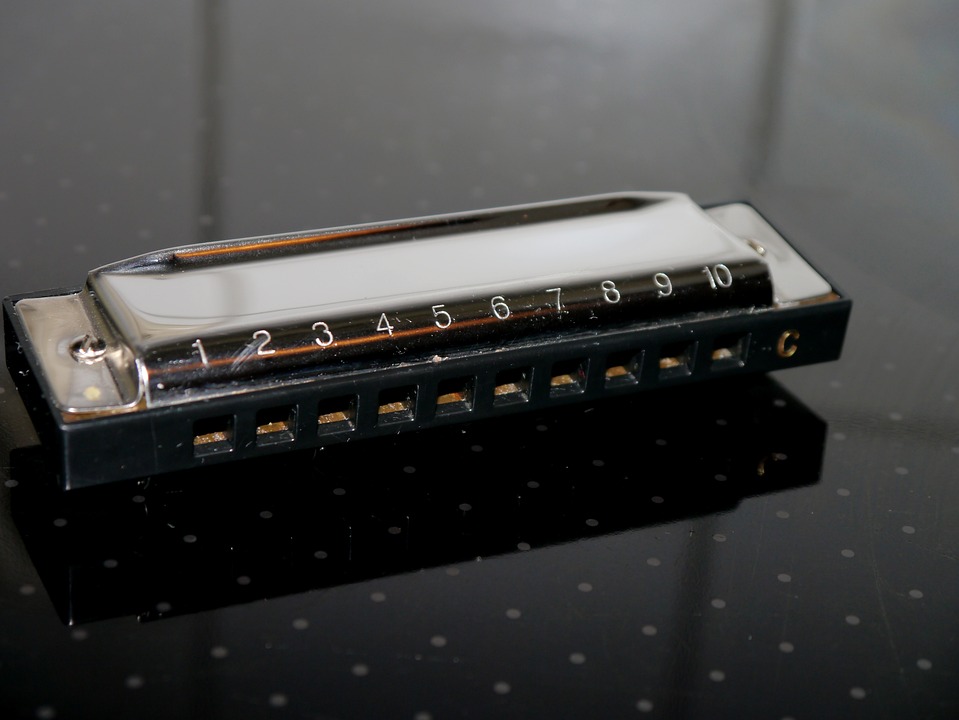Exploring Different Styles of Harmonica Playing
Introduction
The harmonica, also known as the mouth organ, is a versatile instrument that has been used in a variety of musical genres. From blues and folk to rock and even classical music, the harmonica has found its way into numerous styles of music. In this article, we will explore some of the different styles of harmonica playing and how they differ from each other.
Blues Harmonica
One of the most popular styles of harmonica playing is blues harmonica. Blues harmonica is characterized by its soulful, melancholy sound and its ability to convey deep emotions. In blues harmonica, players often use techniques such as bending and overblowing to create a wide range of expressive tones.
Blues harmonica players typically use a diatonic harmonica, which is designed to play in a specific key. This allows players to easily switch between different keys by using different harmonicas. Some of the most famous blues harmonica players include Little Walter, Sonny Boy Williamson, and Big Walter Horton.
Folk Harmonica
Folk harmonica is another popular style of harmonica playing that is often associated with traditional folk music. Folk harmonica players often use simple, straightforward melodies and chords to accompany folk songs. Folk harmonica playing is characterized by its simplicity and its ability to convey a sense of nostalgia and tradition.
Folk harmonica players may use either a diatonic harmonica or a chromatic harmonica, depending on the style of music they are playing. Some famous folk harmonica players include Bob Dylan, Woody Guthrie, and Sonny Terry.
Rock Harmonica
Rock harmonica is a more contemporary style of harmonica playing that is often used in rock and roll music. Rock harmonica players often use a combination of blues and folk techniques to create a unique sound that complements the driving rhythms of rock music. Rock harmonica playing is characterized by its raw energy and its ability to add a touch of flair to any rock song.
Rock harmonica players may use either a diatonic harmonica or a chromatic harmonica, depending on the style of music they are playing. Some famous rock harmonica players include John Popper of Blues Traveler, Lee Oskar of War, and Mick Jagger of The Rolling Stones.
Classical Harmonica
Classical harmonica is a more formal style of harmonica playing that is often used in classical music. Classical harmonica players often use the chromatic harmonica, which allows them to play in any key and produce a wider range of notes. Classical harmonica playing is characterized by its precision and its ability to convey complex melodies and harmonies.
Classical harmonica players often use traditional classical music techniques, such as vibrato and trills, to add depth and emotion to their playing. Some famous classical harmonica players include Larry Adler, Tommy Reilly, and Cham-ber Huang.
Jazz Harmonica
Jazz harmonica is a sophisticated style of harmonica playing that is often used in jazz music. Jazz harmonica players often use a combination of blues, folk, and classical techniques to create a smooth, melodious sound that complements the complex harmonies and rhythms of jazz music. Jazz harmonica playing is characterized by its improvisational nature and its ability to blend seamlessly with other instruments in a jazz ensemble.
Jazz harmonica players may use either a diatonic harmonica or a chromatic harmonica, depending on the style of music they are playing. Some famous jazz harmonica players include Toots Thielemans, Stevie Wonder, and Gregoire Maret.
Conclusion
In conclusion, the harmonica is a versatile instrument that can be used in a variety of musical styles. Whether you prefer blues, folk, rock, classical, or jazz music, there is a style of harmonica playing that will suit your tastes. By exploring different styles of harmonica playing, you can expand your musical horizons and discover new ways to express yourself through music. So pick up a harmonica and start exploring the endless possibilities of this incredible instrument.

Leave a Reply